How to support your toddler’s emotional development
Toddlers are busy learning all about their world, including learning about their internal, emotional world. Emotional development is just as important as cognitive, motor or language development. Children who have a better understanding of emotion are better able to succeed in the classroom and in the playground. As parents, we can support our children’s emotional development in much the same way that we support their cognitive, motor and language development. Try out these simple ideas:
- Make your home an accepting space for emotions. Just as it is difficult for toddlers to learn how to run and jump if they are never allowed to do so, it is also difficult for toddlers to learn about anger, sadness, fear, excitement or joy if their emotions are always met with disapproval. Of course, we want our children to learn to express their emotions appropriately. But children will learn to do this best when they know that their emotions themselves are respected and when we allow space for developmentally appropriate emotional expression.
- Talk about your child’s emotions. If you child seems to be experiencing a particular emotion then name it for them. e.g. “Are you feeling sad?”
- Talk accurately about your child’s emotions. Make sure that you are accurately reflecting back to your child how they actually feel, not how you want them to feel. e.g. if your toddler is clearly angry at their brother then it is not the right time to remind them that they love their brother; sure they do but in that moment they don’t feel love for him, they are feeling anger. It can be very confusing for toddlers if parents insist that they are experiencing feelings that they aren’t. Consider how confusing it would be for a toddler if their parents regularly insisted that dogs were called “cats”!
- Talk about other people’s emotions. Make it a habit to talk about the emotions of characters in books, shows and movies. There are children’s books specifically written to encourage learning about emotions and if you find these books helpful that’s great. But they aren’t necessary. Most books, shows and movies are rich with emotions; after all, emotions are a part of life! So the next time you read your child their favourite book or watch their favourite show, comment on the emotions of the characters e.g. “I think Peppa Pig is angry with George…”
- Make space for positive emotions, too! Remember, it isn’t just sadness or anger that we need children to learn about but joy and excitement as well. Ensure that there are times when your toddler is able to express their joy and excitement unrestrained.
Apply it to your life: Is your home an accepting space for emotions? How could you focus on your child’s emotional development?
Relevant research: Gottman, J. M., Katz, L. F., & Hooven, C. (1997). Meta-emotion : how families communicate emotionally Mahwah, N.J: Lawrence Erlbaum Associates.
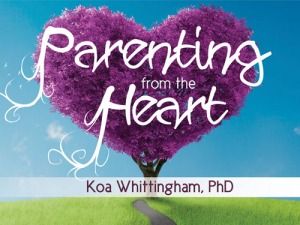



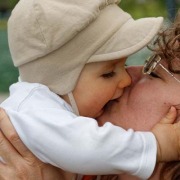

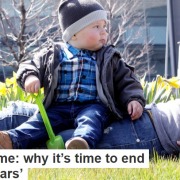

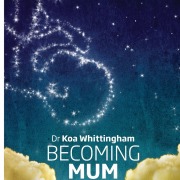

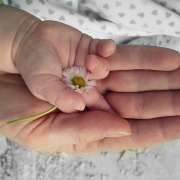
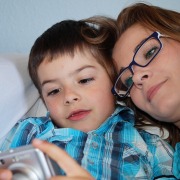


Leave a Reply
Want to join the discussion?Feel free to contribute!